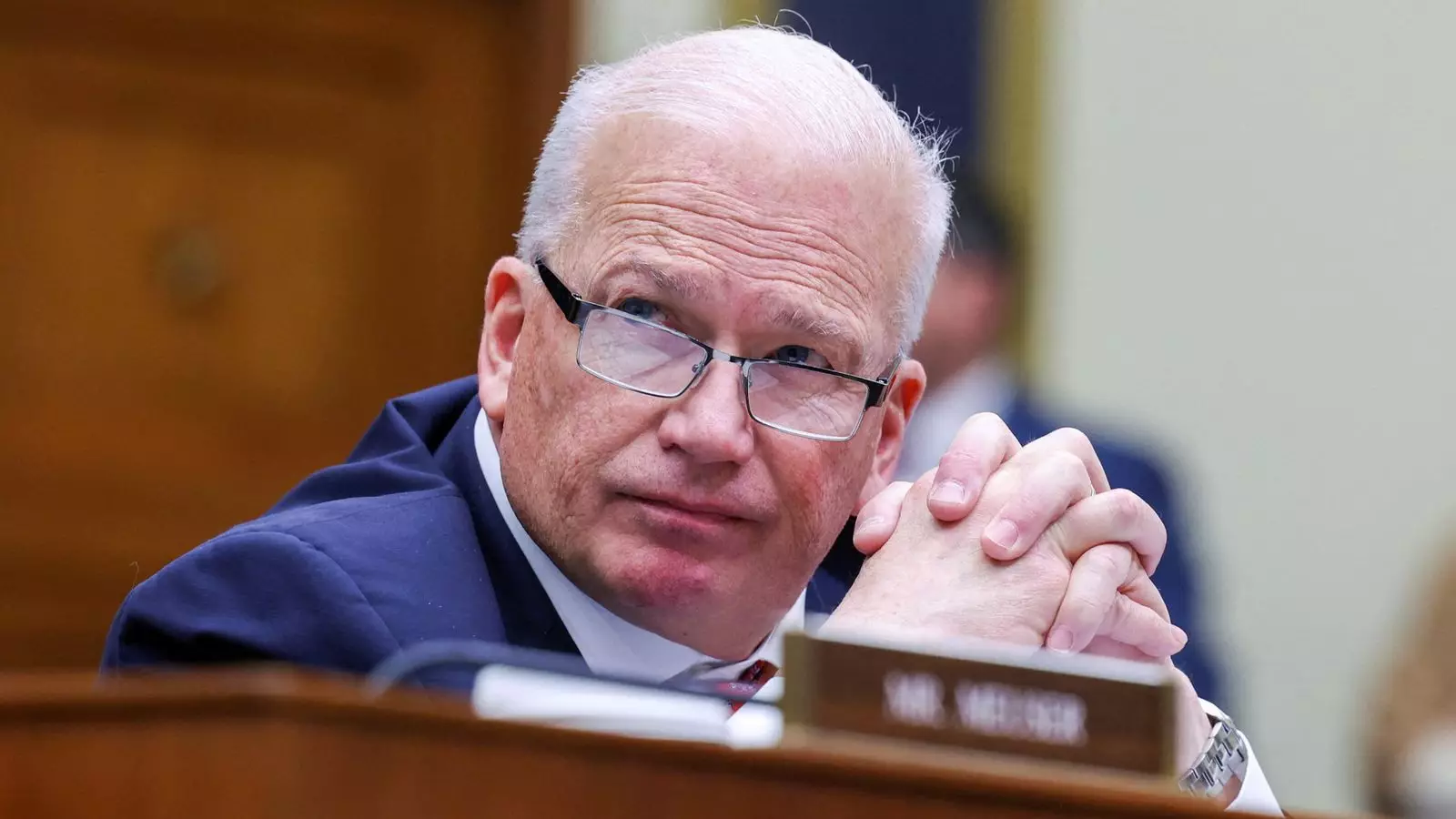In recent discourse surrounding global technology regulation, an alarming narrative has emerged—one that suggests major U.S. tech corporations might unite to resist European and British efforts to impose accountability. This concept, promoted by certain political figures, is less a reflection of reality and more a calculated misdirection designed to undermine critical oversight. The fiction of a “united front” orchestrated by companies like Meta, Apple, and Microsoft is a dangerous myth that dismisses the genuine complexities of corporate interests and the public’s right to safeguard digital spaces. It distorts the reality to foster fear, shame, and ultimately, a retreat from meaningful regulation.
The idea that these corporations could or would coordinate to fight off legislation is a simplistic and self-serving narrative. It conveniently portrays large companies as cohesive villains resistant to accountability, ignoring the internal conflicts, differences, and individual priorities that challenge such a notion. Tech firms are diverse entities with their own legal, economic, and strategic incentives. Their actions are driven by shareholder interests, market competition, and regional legal frameworks—not a monolithic desire to plot against societal regulation. Spreading the speculation of conspiracy provides a veiled justification for policymakers to avoid implementing necessary safeguards, framing regulation as a conspiratorial threat rather than a public good.
The Power of Fear in Shaping Policy and Public Opinion
This narrative leverages fear of corporate domination to serve political ends. By casting big tech as a synchronized oppressor, opponents of regulation aim to sow doubt about the legitimacy of safeguards intended to protect online users, especially vulnerable populations. Proponents argue that such regulation threatens free speech, innovation, and economic growth, but this stance neglects the broader societal implications of unchecked corporate power. When fear is used to justify inaction or deregulation, it diminishes the capacity of democracies to hold corporations accountable for harmful practices—be it misinformation, privacy breaches, or the facilitation of harmful content.
Furthermore, portraying well-intentioned regulations like the UK’s Online Safety Act or European privacy directives as orchestrated efforts by a unified tech alliance reduces complex legislative processes to a simplistic villains-and-heroes narrative. Such framing ignores the democratic processes, public consultations, and understandings of harm that underpin these laws. It also dismisses the urgent need for oversight in an era where digital spaces have become battlegrounds for democracy, mental health, and societal cohesion.
The Danger of Encapsulating Corporate Malfeasance in Political Rhetoric
The political engagement highlighted in the recent trips by American politicians aligns closely with an agenda that values corporate interests over public welfare. Senator Scott Fitzgerald and others, by hinting at a supposed corporate conspiracy, are effectively weaponizing concerns about regulation to deflect from their own complicity in allowing unchecked technology influence. This strategy risks fostering an environment where the powerful can manipulate public perceptions to dodge accountability—a troubling prospect for any democracy that values transparency and social responsibility.
The implication that technology companies might conspire behind closed doors to undermine laws protecting citizens is not only unfounded but also perilous. It promotes a culture of suspicion rather than cooperation, undermining the potential for meaningful dialogue between governments and corporations. Genuine regulation requires honesty and collaboration, not fear-mongering and conspiracy theories. When political figures lend credence to these myths, they encourage a reactive environment where policy is driven less by evidence and more by populist rhetoric.
The Need for Genuine Oversight, Not Conspiratorial Fantasies
Addressing the complex relationship between technology corporations and regulation calls for a balanced, rational approach—one that recognizes the importance of accountability without succumbing to paranoid narratives. It is crucial to understand that corporate self-interest often conflicts with societal needs, and regulation is necessary to protect fundamental rights such as privacy, safety, and free expression. The notion that corporations are united in opposition is not only false but also undermines the genuine efforts of regulators and policymakers seeking to craft effective laws.
By dismissing regulation as a threat, critics obscure the fact that meaningful oversight can foster innovation, trust, and social good. Instead of falling for scare tactics about corporate collusion, society should insist on transparent dialogues, participatory policymaking, and enforceable standards. Real change arises from cooperation—an understanding that corporations, while driven by profit, operate within a societal framework that demands responsibility and accountability. Any attempt to dismiss that reality as a conspiratorial plot is not only intellectually dishonest but fundamentally dangerous for democratic governance.

